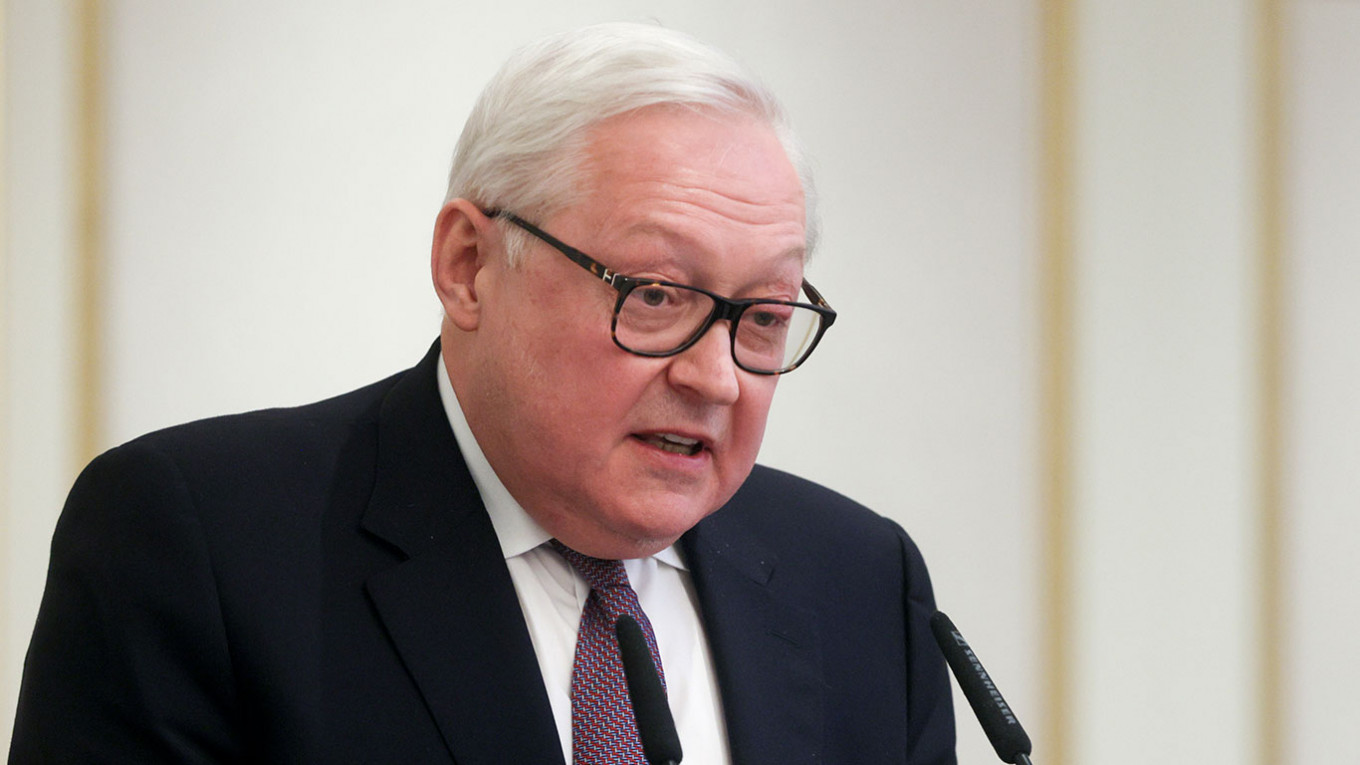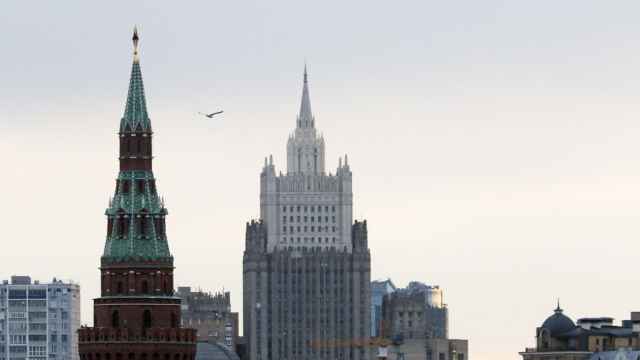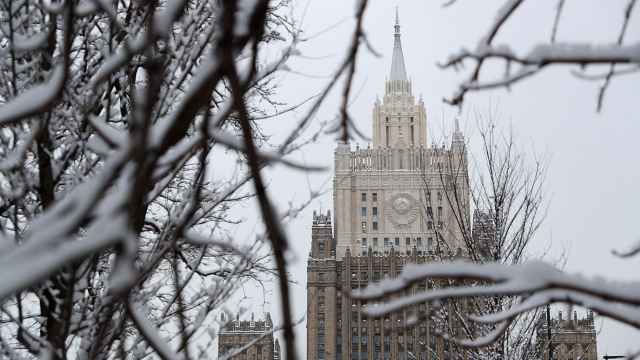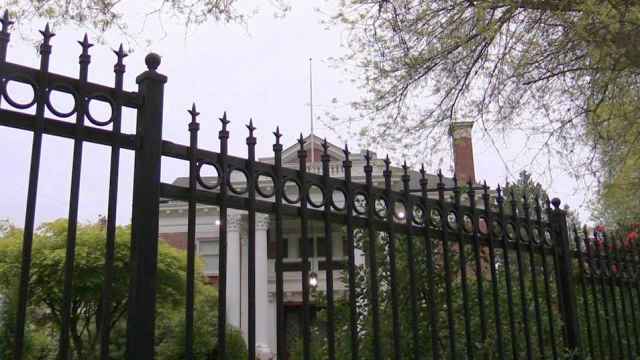Russia demands immediate talks with the United States on security guarantees from NATO, a senior diplomat said Monday, while President Vladimir Putin’s chief arms control negotiator warned of a “military response” if the alliance continues to step on Moscow’s “sore spots.”
Deputy Foreign Minister Sergei Ryabkov spoke days after Moscow made public a list of demands that seek to limit the U.S.-led Western military bloc’s role in Ukraine and the former Soviet space.
“We need [answers] urgently since the situation is very serious and may get more complicated,” the state-run RIA Novosti news agency quoted Ryabkov as saying.
Konstantin Gavrilov, who heads Russia’s delegation on military security and arms control talks in Vienna, echoed Ryabkov’s earlier warning of military action from Moscow in response to what it views as NATO’s threatening activities.
“Everyone in NATO understands well that, despite all [its] strength and power, it needs to take concrete political actions,” Gavrilov said in a state television broadcast.
“Otherwise the alternative is a military-technical and military response from Russia,” Gavrilov added without elaborating.
Ryabkov, meanwhile, said he believes the West will “attempt to turn” Russia’s demands for negotiations “into a sluggish process.”
The United States has responded to Russia’s demands for urgent talks by maintaining that it would not negotiate without input from Europe. The EU has rejected Russia’s bid to block Ukraine’s NATO ambitions.
European officials have in recent days signaled a willingness to negotiate with Moscow, however.
“We need to solve the current tensions on the diplomatic level,” the Financial Times quoted Germany’s new defense minister Christine Lambrecht as saying.
“We will discuss Russia’s proposals . . . But it cannot be that Russia dictates to Nato partners their posture, and that is something that we will make very clear,” she said on a Sunday visit to German troops stationed in Lithuania — troops that Russia would like to see removed.
“We will discuss these proposals that are currently on the table ... with all our partners in the EU and in NATO,” FT quoted German foreign ministry spokeswoman Andrea Sasse as saying. “It is important that in our dialogue that we have [with Russia] at the moment, we remain true to our own principles. And one of them is the indivisibility of the security of all NATO member states. And that has consequences for what we can and can’t accept.”
In its list of demands published Friday, Russia demanded that the U.S. not establish any new military bases in ex-Soviet countries and that NATO guarantee to block these states' future memberships.
Russia also wants NATO to abandon all military activities in Ukraine, Eastern Europe, the Caucasus region and Central Asia.
Additionally, Russia wants NATO to pledge not to deploy troops in former-communist member states Poland, the Czech Republic and the Baltics without Moscow’s consent.
Following Ryabkov's comments, the Kremlin announced that Putin will on Tuesday host an expanded Defense Ministry board meeting where it said the president will set out priorities for Russia’s Army and Navy.
With the West watching Putin’s every move over fears of a Russian invasion of Ukraine, the military gathering will include the heads of each military branch, regional military districts, fleets and flotillas, as well as formations and military units.
The top brass gathering will “evaluate the Russian Armed Forces’ activities in 2021 and set tasks and priorities for their further development next year,” the Kremlin said.
A Message from The Moscow Times:
Dear readers,
We are facing unprecedented challenges. Russia's Prosecutor General's Office has designated The Moscow Times as an "undesirable" organization, criminalizing our work and putting our staff at risk of prosecution. This follows our earlier unjust labeling as a "foreign agent."
These actions are direct attempts to silence independent journalism in Russia. The authorities claim our work "discredits the decisions of the Russian leadership." We see things differently: we strive to provide accurate, unbiased reporting on Russia.
We, the journalists of The Moscow Times, refuse to be silenced. But to continue our work, we need your help.
Your support, no matter how small, makes a world of difference. If you can, please support us monthly starting from just $2. It's quick to set up, and every contribution makes a significant impact.
By supporting The Moscow Times, you're defending open, independent journalism in the face of repression. Thank you for standing with us.
Remind me later.






